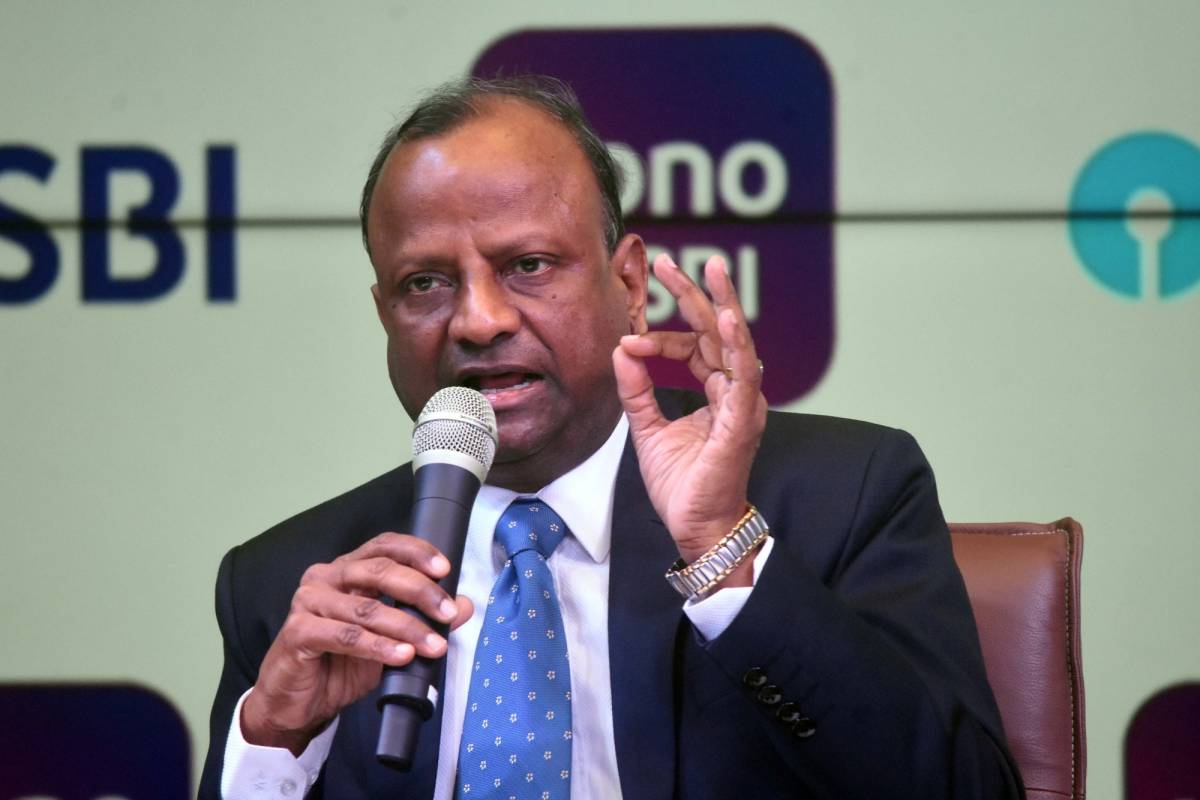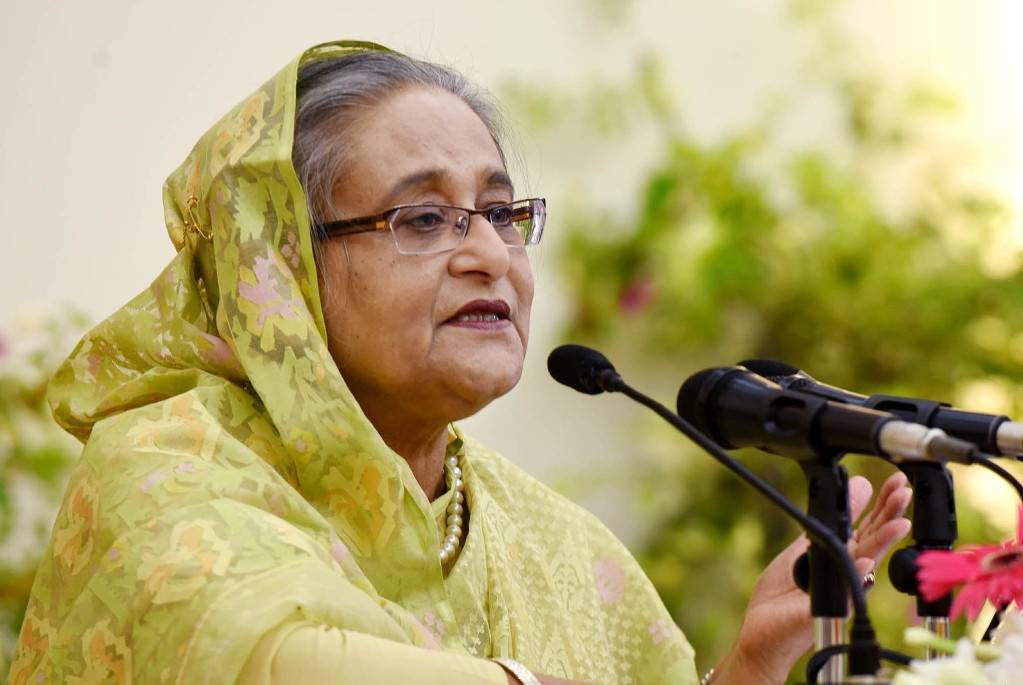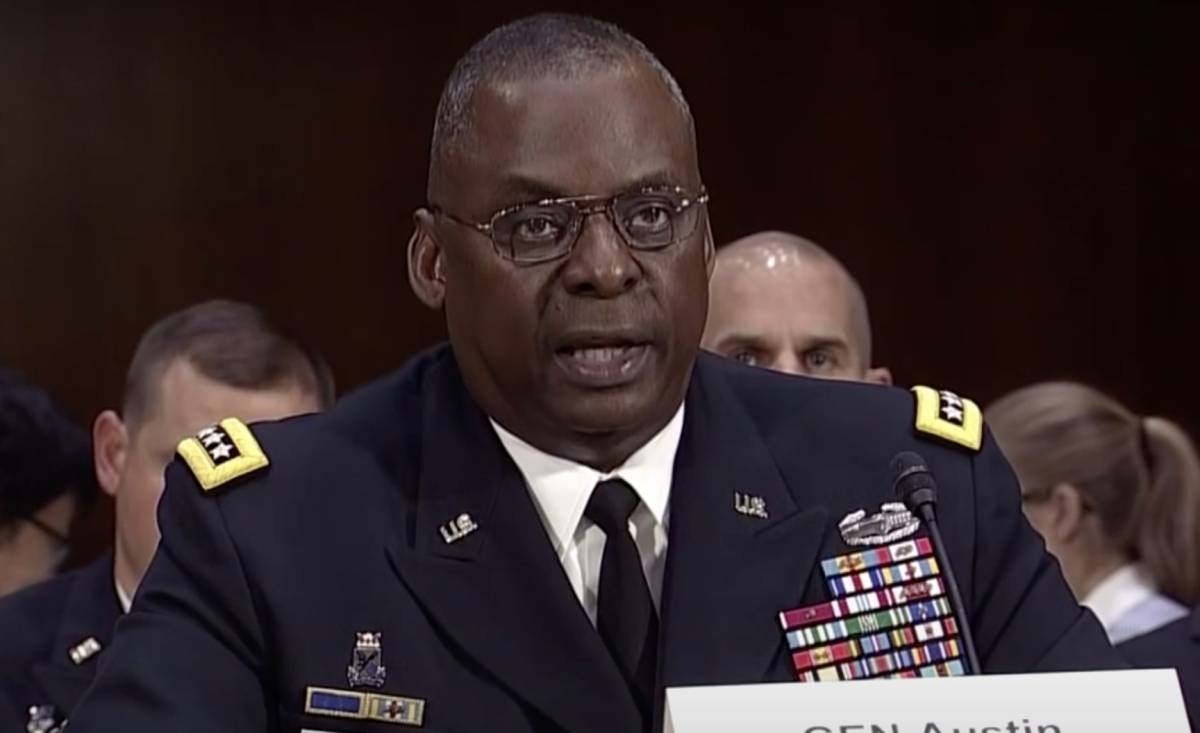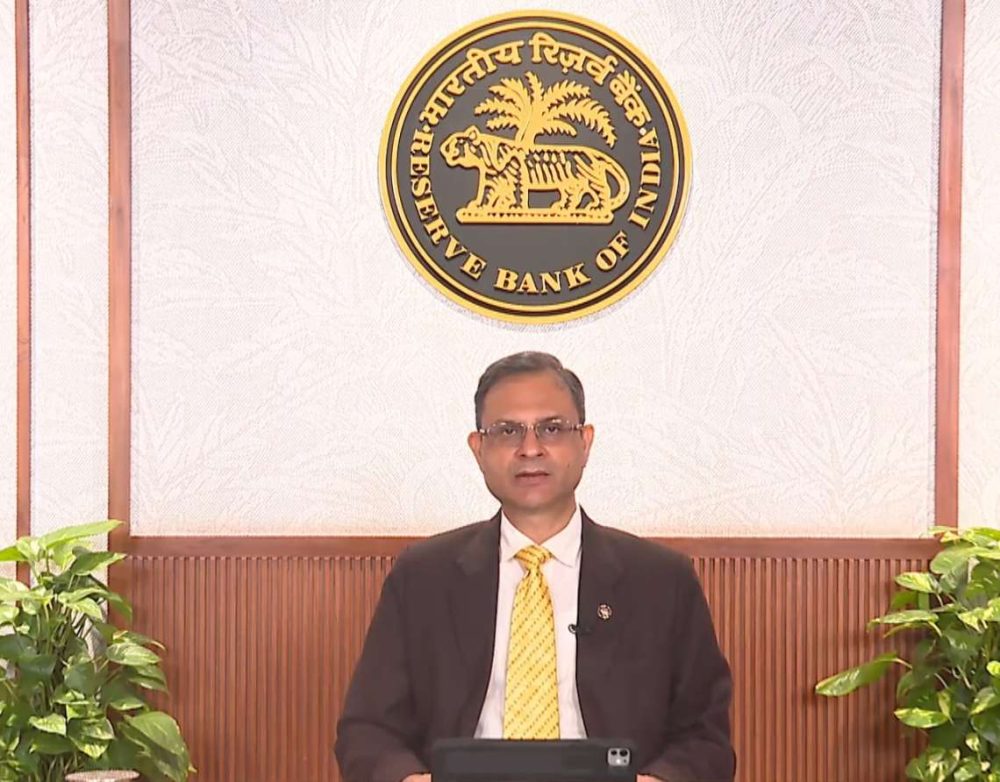“The government has done a lot for creating demand, particularly all the direct benefit transfers, and the money which has been spent on the social welfare schemes to put money in hands of the people,” SBI former Chairman Rajnish Kumar interacts with Animesh Deb
The infrastructural push, as well as direct benefit transfers into the hands of the people are key to keep the greenshoots and recent economic momentum sustainable and intact going ahead, said State Bank of India’s former Chairman Rajnish Kumar. He stressed that these two measures must go hand-in-hand.
“There are two issues. One is about stepping up infrastructure spending. Already the projects have been identified. There is a national infrastructure pipeline, but the investment needs to be stepped up to make it attractive for private sector to participate. Second is, of course, how does the government put more money in the hands of the people to create demand. That is a bigger challenge although the government has done a lot for creating demand, particularly all the direct benefit transfers, and the money which has been spent on the social welfare schemes,” he said.
The spending created demand in the rural sectors, said Rajnish Kumar.

On his take on cryptocurrency, which at present is the talk of the town, the former banker said: “Crypto… one is that there is a struggle with all the governments across the world on how they define it and how to treat it. Same is happening in our country and there is a huge debate around it.”
The Centre plans to introduce Cryptocurrency and Regulation of Official Digital Currency Bill, 2021, in the ongoing Winter Session of the Parliament.
“One is that you outright ban it… and second is that you don’t outright ban it but define it… It is ruled out that it will be defined as a currency… that is ruled out,” he said.
Besides, it is not a commodity, so the only choice remaining is, if at all, the government makes it legal, then it will have to be put under the crypto asset in digital form, he opined.
Asked that if trading in crypto is allowed, who could be the potential regulator, he said that if it is an asset and there is trading and exchanges involved, then obviously it has to be the market regulator Securities Exchange and Board of India.
On demonetisation, he said that it helped in formalisation of the Indian economy.
To put it into perspective, digital payments in India have risen exponentially in the past few years, which is an apparent indicator of the formalisation, he said.
Asked about whether the target of formalisation of the economy has been achieved, he said: “Was that the target I don’t know. But the outcome is that we have seen more people into the tax system and the formalisation has got a boost.”

Rajnish Kumar became Chairman of the SBI on October 7, 2017 and his three year term ended in October 2020.
On how proposed privatisation of two public sector banks will help the overall banking sector, he said: “Basically, the government’s intent is that the private capital would play a role in what they call the strategic sectors. Government says four or five entities are in the strategic sector. Banking is a strategic sector and the same is true for all other strategic sectors. So, as a part of that the privatisation of two banks should be seen.”
With financial literacy playing a vital role in making a shift to the digital economy, and with rising cyber crimes, it has become even more important for the people, Rajnish Kumar, asked whether India needs a proper financial literacy programme for masses or on a large scale, given its low level of financial literacy, said that India is a large country and whatever it does has to be done on a massive scale.

“Financial literacy has increased because people now have bank accounts and they are operating on those accounts and they are aware,” he said.
However, a proper financial literacy programme is needed, he said.
Rajnish Kumar had recently published a book titled “The Custodian of Trust – A Banker’s Memoir”, which he started writing after his 40-year service. In the book, he delved about his experiences and some of the contemporary issues facing the banking sector.
He feels that the book has to offer many lessons for all, and especially for people working with the SBI.
“For the people who are working, say in SBI, there are many lessons for them in the book… In a way, it will be the readers who will determine what they should be looking at in the book. But, there is something for everyone in the book.”














